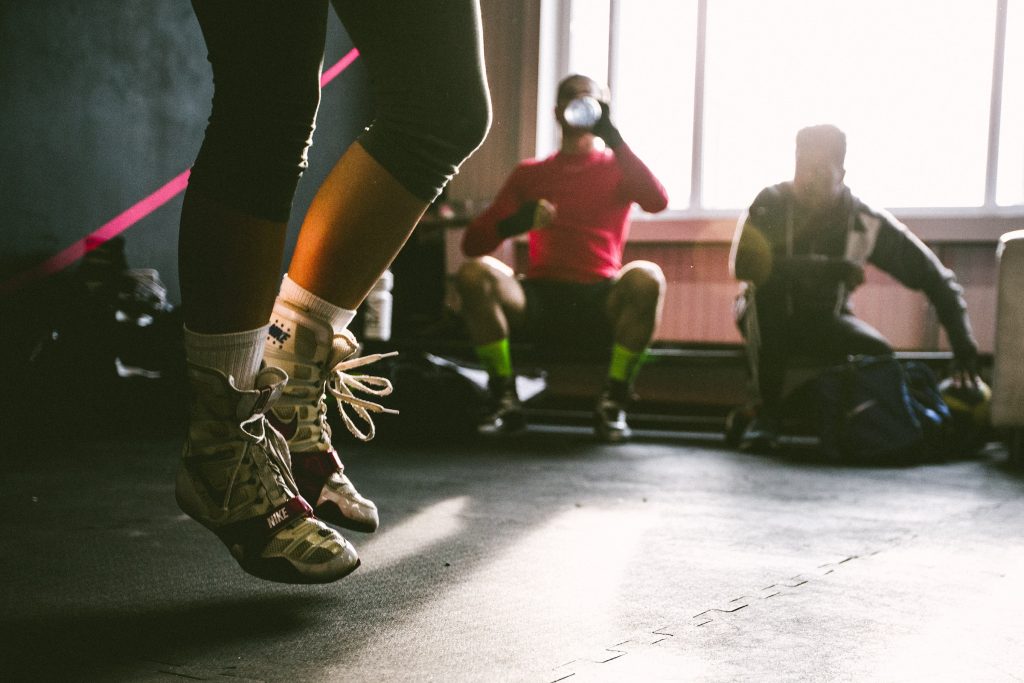Physical harm sustained when participating in sports or exercising is called sports injury. They might be serious, like fractures or dislocations, or mild, like sprains or strains. Any physical exercise has some risk of injury, but some habits and behaviours can raise that risk and cause needless harm. Nonetheless, with the right knowledge, caution, and training, the majority of these injuries are avoidable.
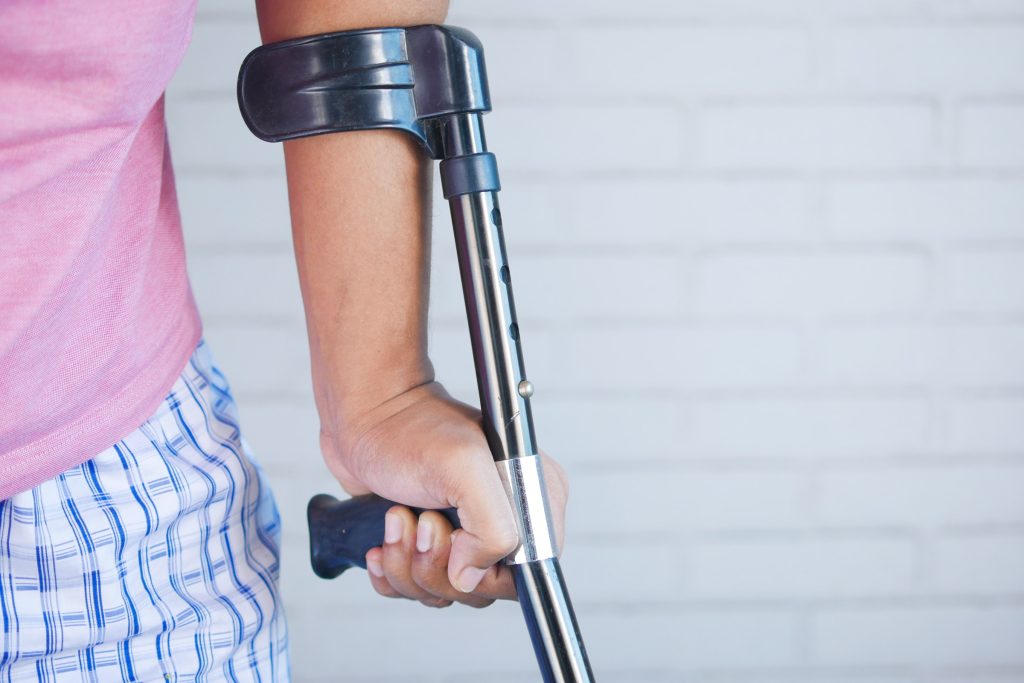
Sports injury prevention is unquestionably important for an athlete’s long-term health and well-being in addition to their immediate performance. If not properly treated, a sports injury can result in serious consequences, permanent disability, or even death. It is crucial to comprehend these injuries, their causes, how to treat them, and—above all—how to avoid them.
The Types of Sports Injuries
Contents
Based on a number of variables, including the body part involved, the kind of tissue destroyed, and the aetiology, sports injuries can be divided into many groups. Sports injuries most frequently occur from sprains involving damage to ligaments and sprains involving a tearing or straining of muscles or tendons.
Additionally other than strains and sprains, there are other sports injuries that occur often such as knee injuries, shin splints, achilles tendonitis, and fractures. Each of these injuries can vary in their severity and some will require medical treatments, including surgery for a full recovery.
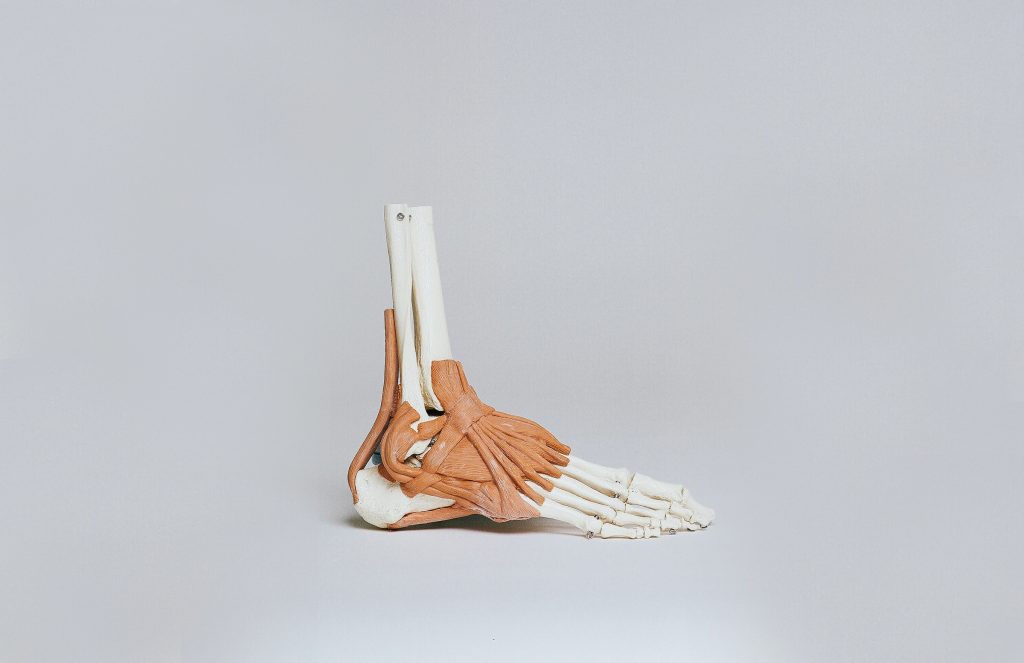
Being informed about common sports injuries will allow athletes, coaches, and even recreational sports enthusiasts to know the warning signs that something may be wrong. This will allow appropriate steps to be taken in order to prevent further harm.
Furthermore, paying attention to the body and allowing adequate rest and recovery can significantly reduce the chances for these injuries to reoccur.
The Causes of Sports Injuries
In order to prevent sports injuries, it is essential to understand their causes. For instance, overuse injuries can result from repeatedly applying a certain motion or strain over an extended length of time. Tennis players and long-distance runners frequently exhibit them. Conversely, acute injuries—like a sprained ankle or shattered bone—occur suddenly during physical exertion.
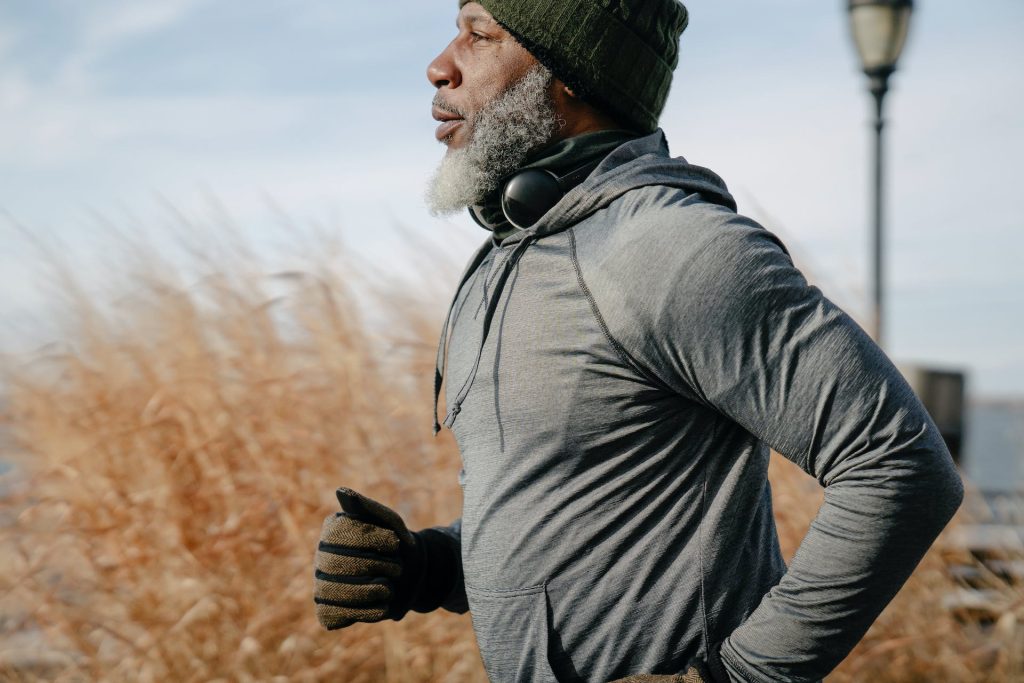
Poor form or technique is linked to long-term ailments because it places unnecessary stress on specific body components, which causes tension and, eventually, injury. Unusual motions can also be caused by an imbalance in the strength and flexibility of distinct muscle groups, which can be harmful.
Therefore, understanding these factors can be quite beneficial in preventing injuries. Sports injuries brought on by these factors are easily preventable by appropriate technique acquisition and practice, training intensity regulation, and the adoption of effective strength and flexibility training programmes.
Fundamental Steps to Prevent Sports Injuries
The saying “prevention is better than cure” is especially relevant when it comes to sports-related injuries. We can spare ourselves the discomfort, time, and possibly long-term issues connected with these accidents if we can proactively take steps to reduce the risks of harm. There are several ways to go about this.
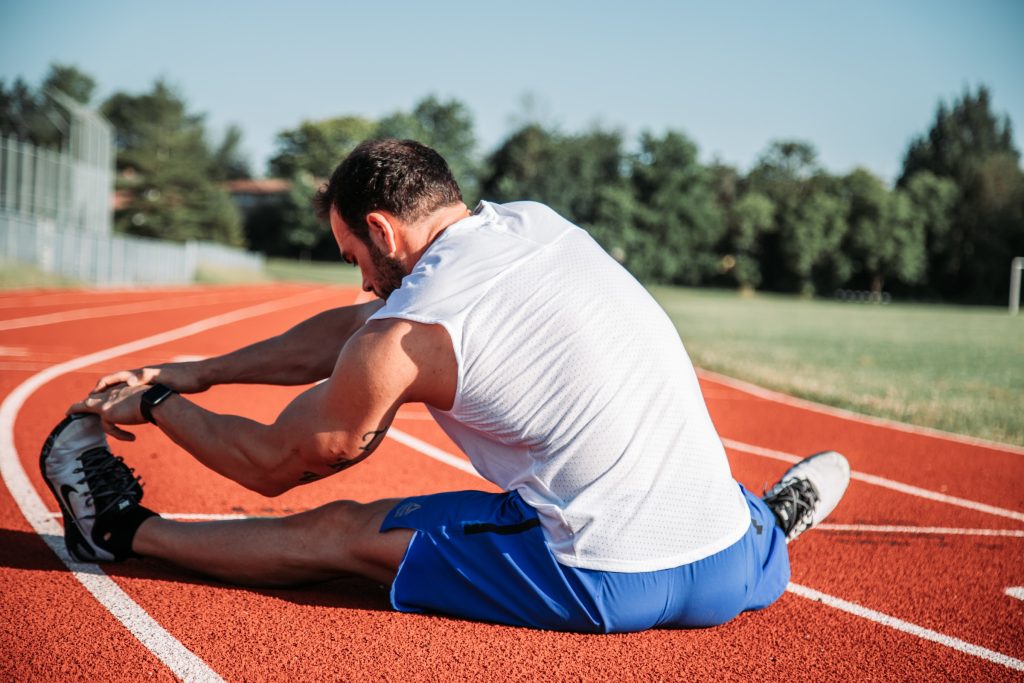
Secondly, wearing appropriate protective equipment is crucial in sports that have a high risk of bodily impact and injuries. From mouth guards, shin guards, helmets, and knee pads to gloves, these protective equipment are tailored to prevent injuries associated with specific sports activities. They act as a shield against external impacts, minimizing the risk of severe injuries.
Importance of Conditioning and Fitness Training
Conditioning and fitness training play an integral role in injury prevention. Physical conditioning involves erring exercises and activities that prepare the body for the intensity of the sport. Strength training increases the strength of the muscles, tendons, and even bones, making them more resistant to injuries. Endurance training builds stamina, preventing fatigue-related sports injuries. Flexibility training ensures the joints are flexible enough to withstand the strains and stresses associated with sports movements.

Besides these, there is also a need for sport-specific training, focusing on building the skills, strength, and endurance relevant to the particular sport. This training ensures that an athlete’s body is conditioned to handle the rigours of their chosen sports, thus reducing the risk of injuries.
Importance of Rest and Recovery
Rest and recovery are just as important for preventing sports injuries as training and exercise. Overtraining is one of the leading causes of most common sports injuries, including stress fractures and tendinitis. Adequate rest allows the body and its various systems, affected by rigorous exercise or sports, to repair and heal. Rest days, therefore, should be an integral part of every training or exercise regimen.

Sleep is another essential aspect of rest and recovery. During sleep, the body goes into a higher state of growth and regeneration, and muscle tissues, tendons, and bones repair themselves. Failing to get sufficient sleep can slow down this repair process and increase the likelihood of injuries.
Nutritional Aspects for Injury Prevention
Nutrition plays a pivotal role in energy provision, maximizing physical performance, and preventing sports injuries. Eating a balanced diet provides the essential nutrients that the body needs to perform at its best. Adequate carbohydrates and proteins provide energy for various physical activities, and antioxidants from fruits and vegetables help in body tissue repair and regeneration.

Hydration is vital to prevent dehydration which can lead to muscle fatigue and impaired coordination, increasing the risk of injuries. Minerals like calcium and vitamin D are essential for bone health, and their deficiency can lead to a high risk of fractures, one of the most severe sports injuries.
Role of a Sports Physiotherapist in Preventing Injuries
A sports physiotherapist is a vital team player when it comes to injury prevention. With their expertise in human anatomy and musculoskeletal injuries, they design exercise regimens and training routines that aim to prevent sports injuries. Through their advice, athletes can understand how their bodies work and how injuries can happen, making them more aware of what they can do to prevent them.
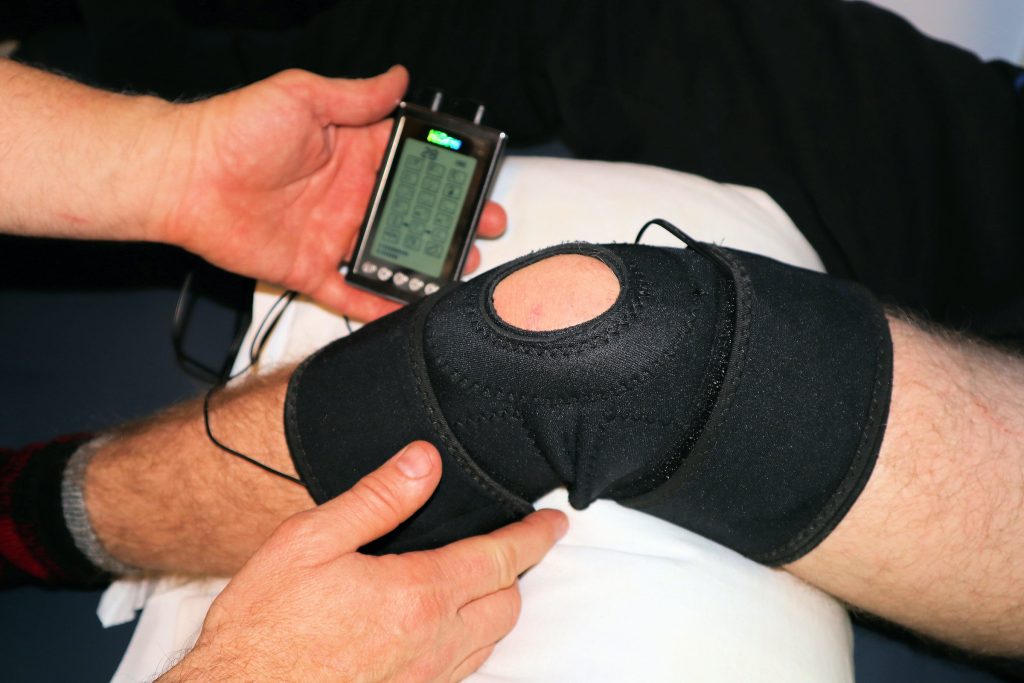
Further, sports physiotherapists also help in the early detection of possible injury risks. Through routine screenings and assessments, they can identify areas of weakness or vulnerability and suggest necessary changes to the training program, helping to prevent possible injuries.
Sports injuries can severely impact an athlete’s career. Therefore, prevention of these injuries is far better than cure. Ensuring proper warm-ups, and cooldowns, using appropriate protective gear, having a well-planned conditioning and training schedule, adopting the right nutrition, and involving a sports physiotherapist, can help prevent sports injuries.
It’s essential for every athlete and sports enthusiast to take these preventive steps to ensure they stay in optimal condition and enjoy their sports to the fullest.

